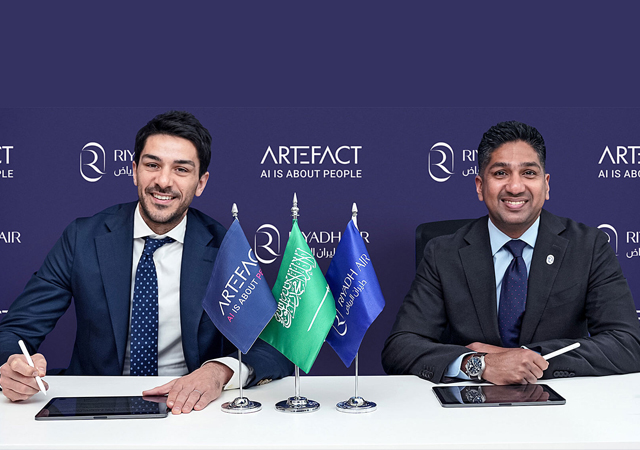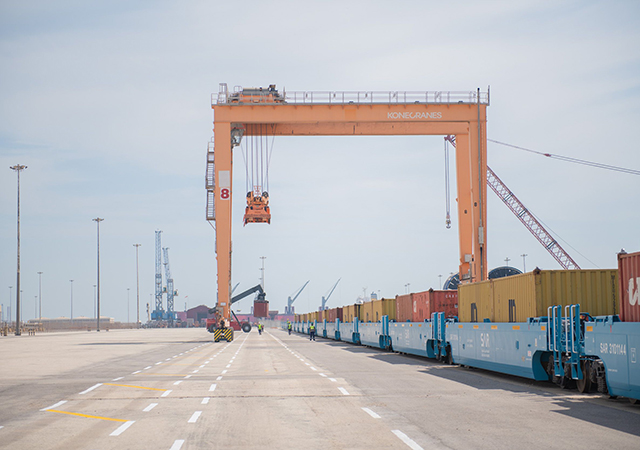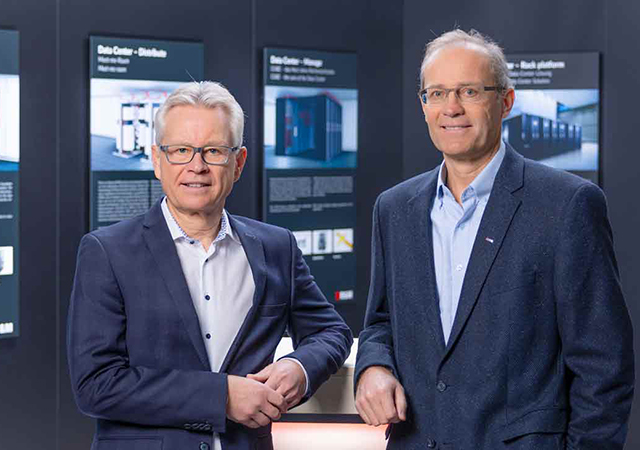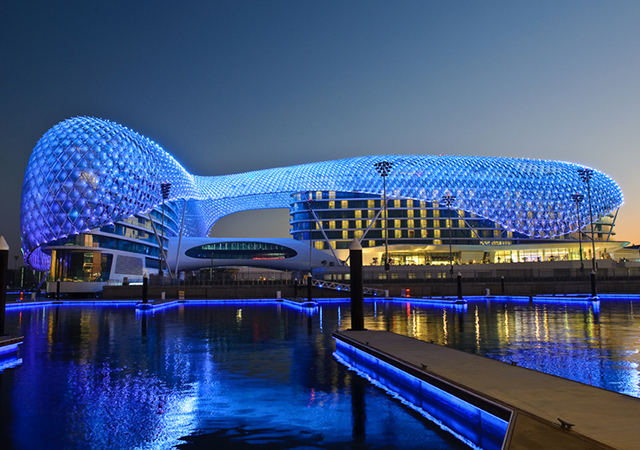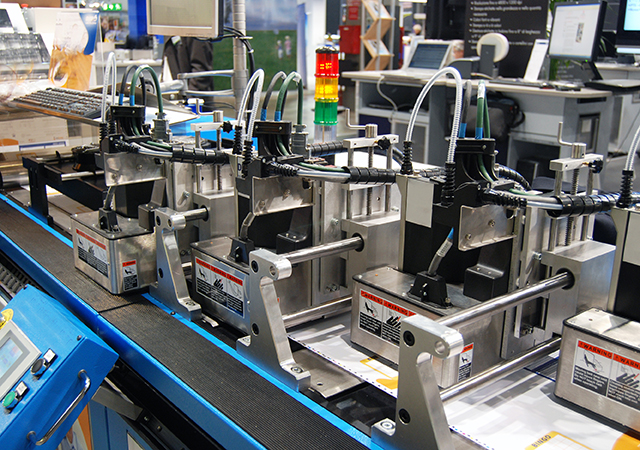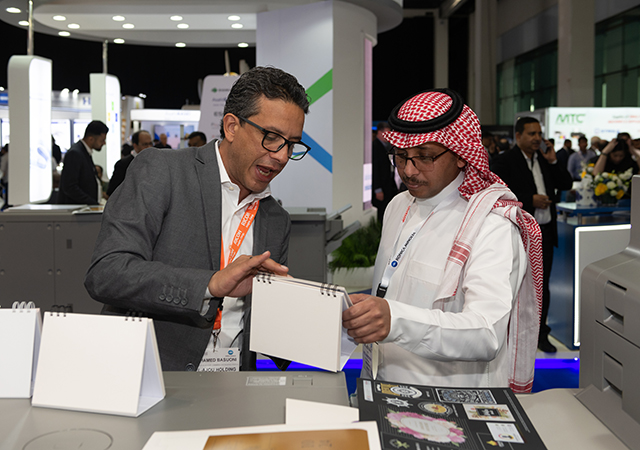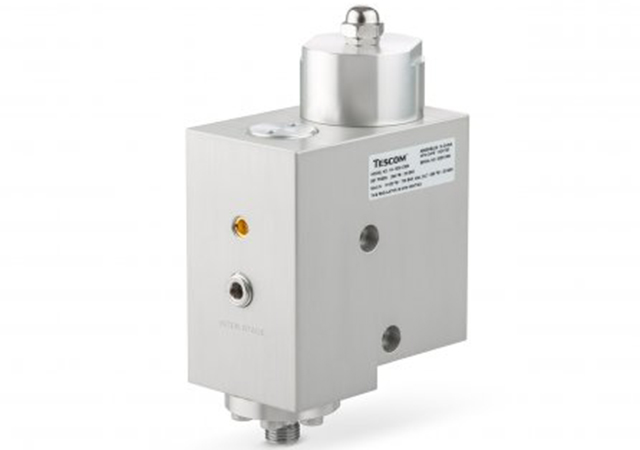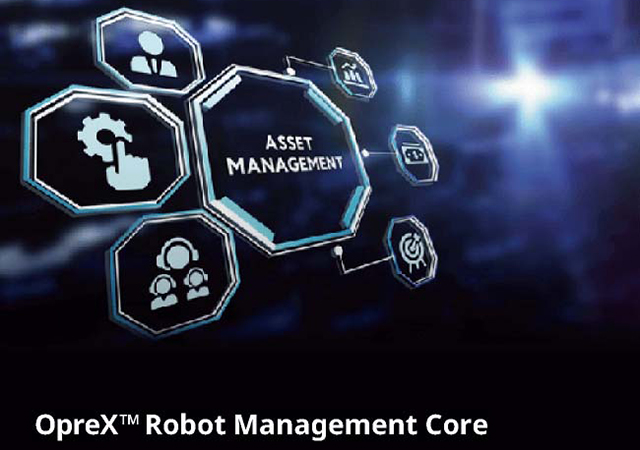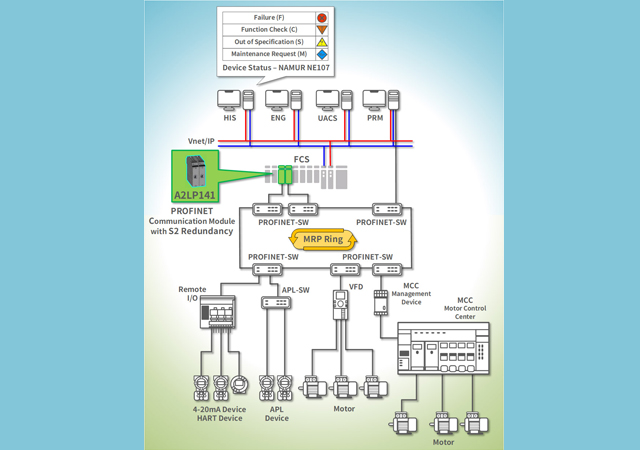
 Officials at the review meeting of ADDED’s Strategtic Plan 2020-2025
Officials at the review meeting of ADDED’s Strategtic Plan 2020-2025
The Abu Dhabi Department of Economic Development’s (ADDED) Strategic Plan 2020-2025, which focuses on sustainable economic development, has been reviewed by Sheikh Khalid bin Mohamed bin Zayed Al Nahyan, Member of the Executive Council and Chairman of the Abu Dhabi Executive Office.
The plan also places strong focus on the execution of projects, programmes and initiatives that aim to enhance the Abu Dhabi Government’s efforts to increase the competitiveness of the emirate’s economy by enabling non-oil sectors to lead the local economy, reported state-run news agency Wam.
During Sheikh Khalid bin Mohamed’s visit to ADDED’s headquarters in Abu Dhabi, its Chairman, Mohammed Ali Al Shorafa, presented the strategic plan, sharing the full details and programmes. The plan aims to ensure the continuous growth of Abu Dhabi’s gross domestic product via the consolidation of ADDED’s role in enhancing strategic partnerships with local and federal government entities, private sector companies, institutions, and global partners.
Sheikh Khalid gave directives to create an integrated and comprehensive framework for micro, small and medium enterprises, mSMEs, which is capable of providing all services required to support these enterprises, including a range of financing solutions.
He also gave directives to review the laws, policies and procedures related to the ease of doing business and to submit proposals for regulatory reforms before the end of this year, in order to enhance Abu Dhabi’s competitiveness as an attractive investment destination.
Furthermore, Sheikh Khalid gave directives to enhance the role the private sector plays as a partner in Abu Dhabi’s sustainable economic development plans and approved the formation of the Economic Collaboration Committee between the public and private sectors and gives directives to accelerate the submission of proposals to enhance private sector development while focusing on key sectors defined in the emirate’s strategy.
Meanwhile, Al Shorafa presented a detailed overview of the objectives and programmes of ADDED’s Strategic Plan 2020-2025, which also included the Department’s new operational structure and future direction in leading Abu Dhabi’s economic agenda.
Al Shorafa pointed out that the strategic plan identifies a set of priorities in enhancing the emirate’s economic diversification efforts, by focussing on sectors such as financial services, information technology, tourism and agriculture technologies. Additional priorities include investing in the institutional development by introducing legislation and laws, automating the economic licences procedures, developing the role of control and inspection and the issuance of economic data and studies.
He stated that ADDED’s plan will also focus on supporting SME projects through further developing the operational system of the Khalifa Fund for Enterprise Development (KFED) enhancing the role of free zones in the emirate, implementing the strategic plan for the industrial sector’s development, establishing the Logistics Support and Exports Office and launching promotional campaigns to attract more FDIs by the Abu Dhabi Investment Office, ADIO.
3-year licences for units
ADDED is permitting commercial and industrial licencees in the emirate to renew their investment activities’ licenses for a period of three years.
ADDED has also allowed investors the option to renew their licences for one or two years depending upon their requirements, with an aim to enhance the ease of doing business and contribute to business continuity in the emirate by minimising the number of procedures involved, which will enable the beneficiaries to save both time and effort.
 |
|
Al Balooshi: simplifying processes |
Rashed Abdul Karim Al Balooshi, Under-Secretary of ADDED, affirmed the department’s keenness to continue launching initiatives and programmes that can support sustainable economic development and enhance the competitiveness of business environment in Abu Dhabi.
Simplifying such procedures for customers, businessmen and investors will further strengthen Abu Dhabi’s position as a leading global destination for investment and business growth, he said.
According to him, the provision of this one, two, or three years renewal option reflects ADDED’s aspirations to simplify the annual license renewal process, which will benefit both customers and Abu Dhabi government alike.
“This will also lead to a reduction in the number of processes involved in the renewal of economic licenses registered at ADDED, which amount to around 70 per cent of the total transactions. We believe that this, in turn, will significantly reduce the volume of transactions conducted for customers,” he added.
Al Balooshi further highlighted that the total number of renewed economic licenses during the first half amounted to 33,116, which forms 42.3 per cent of the total number of expired licenses that have been renewed. He further pointed out that offering this renewal option will reduce the number of procedures for both the customer and the Department.
Basic Industries Project
Meanwhile, ADDED launched a scheme called ‘basic industries project’, an initiative that aims to define vital industrial investment areas in Abu Dhabi and make the emirate “self-sufficient in the production of basic and consumer commodities”.
The project, being undertaken by the department’s Industrial Development Bureau (IDB), will look to strengthen investment in four major sectors - food production, medical supplies, power generation and important materials such as iron, aluminium and cement.
The project is in response to government “directives to support key industries and supply the domestic market with competitive and high-end local products,” said Mohammed Al Shorafa, chairman of the Department of Economic Development.
The project has identified eight investment fields related to food, 14 in pharmaceutical and medical supplies, and four supporting power generation, he said.
Food production has become a key focus for the UAE in recent years as it looks to improve its security by encouraging local production and reducing its reliance on exports. This month, a shipment of about 4,500 cows arrived at Khalifa Port in Abu Dhabi from Uruguay to increase local production of dairy products. Local production of medical supplies has also been increased during Covid-19, with the Mubadala-owned Strata agreeing to a deal in May with Honeywell to produce up to 30 million N95 face masks a year.
Meanwhile, in power generation, the recent reverse takeover of Taqa by Abu Dhabi Power Corporation has opened the potential for one of the region’s biggest utilities companies to attract greater external investment. IDB will be responsible for maintaining communication between the strategic partners, identifying obstacles to local industry development and coming up with suggestions to foster investment.


